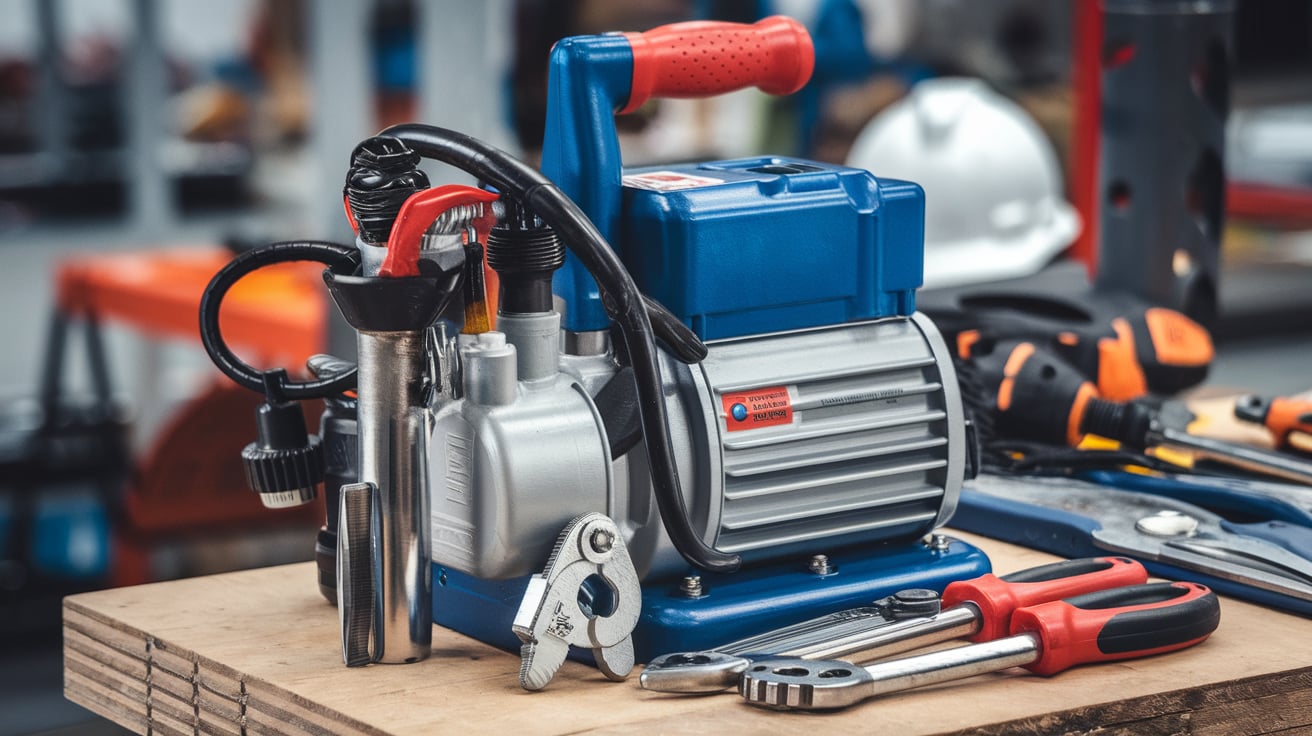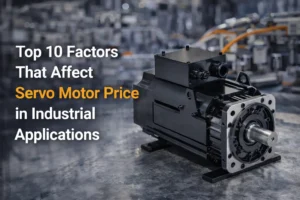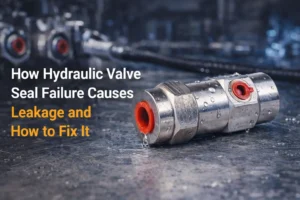Electric hydraulic pumps are the heart of modern industrial and mobile hydraulic solutions. They offer power and mobility, which are required for modern operations. If you’re working in the manufacturing, construction, automotive, or energy sectors, then selecting the right pump is crucial for the efficiency, safety, and performance of the system. In this guide, we will explore the important features, types, and benefits that one should consider when choosing an electrical hydraulic pump. So let’s get started.
Assess The Importance Of Build Quality And Design
Build quality and design are crucial factors when choosing the electric hydraulic pump for your needs. These two factors have a great impact on the unit’s durability, ease of maintenance, and overall performance, especially in demanding environments.
Choose pumps that are built with quality materials, such as stainless steel, aluminium, or brass, as these materials are known for corrosion resistance, strength, and long service life.
Here are a few key design considerations that you should know before choosing an electric hydraulic pump for your needs.
- Small size for tight installation and mobile applications
- Open frame design for easier access and maintenance
- Thermal protection to prevent overheating during long working hours
- Overload protection to safeguard the motor and components
- Low noise to operate in noise-sensitive work areas
Investing in an electric hydraulic pump built with quality and better design might lead to a higher installation cost, but it pays off by reducing downtime, maintenance costs, and frequent replacements, which is crucial in mobile hydraulic solutions where reliability is very important.
Understanding The Electric Hydraulic Pump Type For Application-Specific Needs
Each hydraulic pump is different from the others, so it is important to understand the various types of electric hydraulic pumps to choose the right fit for your system’s requirements. Each type has its strengths, depending on the pressure range, flow rate, and operating environment.
Common types of electric hydraulic pumps:
Gear Pumps
These are the simplest and most robust types of hydraulic pumps. Gear pumps are ideal for high-pressure tasks. They are commonly used in heavy-duty applications where reliability is more critical than quietness or efficiency.
Vane Pumps
They are smooth and quiet in operations. Pain pumps are best suited for medium-pressure systems, which require consistent flow.
Piston Pumps
They are highly efficient and capable of handling extreme pressure. Moreover, piston pumps are suitable for high-flow and high-pressure systems, such as in the construction and aerospace industries.
Screw Pumps
They provide a smooth and pulsation-free flow. Screw pumps are used in various applications where vibration and flow are the main concerns.
When selecting the right pump type, it is crucial to consider:
- Operating pressure range
- Floor requirements
- Application setting
- Desired efficiency and noise level
These points can help you find a hydraulic pump that is suitable for power & mobility, which is especially critical for mobile hydraulic solutions where space, weight, and performance must be balanced carefully.
Exploring The Benefits Of Variable Flow And Pressure Adjustment
A modern electric hydraulic pump comes with variable flow and adjustable pressure features. These features help operators to find and tune system performance based on real-time load demands, which results in a smarter and more efficient operation.
The variable flow matters when choosing a suitable electric hydraulic pump as it allows adaptation to changing loads and process needs. Minimize energy consumption and reduce system heat, which enhances the overall responsiveness of your hydraulic system.
Pressure is another critical thing that you should consider when choosing a hydraulic pump for your needs. It prevents overpressure conditions that could damage the other components of the system. Moreover, it improves operational safety and allows the pumps to work with a broad range of equipment.
These features are valuable in environments where hydraulic loads differ, such as construction machinery, agricultural equipment, and mobile service units. So it is critical to look for pumps with easy-to-use adjustment controls for precise flow and pressure tuning.
Electric Hydraulic Pump Applications: Power & Mobility Across Industries
Electric hydraulic pumps provide high performance and suit the unique demands of industry-specific applications. In today’s fast-paced environment, power & mobility are two essential properties that are brought to the system.
Applications of electric hydraulic pumps:
- Manufacturing: powering presses, lifts, and automation systems
- Construction: supporting cranes, loaders, and seasoned lips with high torque output
- Automotive: lifting systems, testing rigs, and repair equipment
- Utilities & Energy: mobile maintenance units and on-site service vehicles
When choosing mobile hydraulic solutions, look for lightweight, compact pumps with rugged housing and compatibility with portable power sources. These features allow for greater tasks without compromising performance, making them ideal for mobile as well as stationary operations.
Conclusion
Choosing the right electric hydraulic pump requires careful consideration. There are several factors that you should consider while choosing a suitable pump, such as build quality and design to type, flow, control, and application-specific requirements. The above-mentioned factors play an important role in ensuring the reliable performance of the pump.
Invest in a pump that meets your current operational needs and that is flexible enough to adapt as the system evolves. Prefer features that boost energy efficiency, reduce maintenance, and enhance power & mobility, especially in mobile hydraulic solutions where these traits are crucial.
Explore the wide range of high-quality, high-performance electric hydraulic pumps designed for industrial and mobile applications at THM Huade. Get in touch with us today for smart hydraulic solutions.
Frequently Asked Questions
What are the two classifications of hydraulic pumps?
All forms are classified as either positive displacement or non-positive displacement. Most pumps used in hydraulic systems, positive displacement and non-positive displacement, produce continuous flow.
What are the criteria for selecting a motor for the pump?
The key points that you should consider while selecting a motor pump:
- Number of poles, speed, frequency
- Voltage
- Protection level and installation location
- Energy efficiency index
What are the three factors to consider in choosing an electric hydraulic pump?
The three factors to consider when choosing an electric hydraulic pump are the type of fluid, flow rate, and pressure requirement.
Which type of hydraulic pump is more efficient?
Piston pumps are considered highly efficient and an excellent choice for applications with high pressure and fluorides. However, they are more complicated to use and expensive as well.



